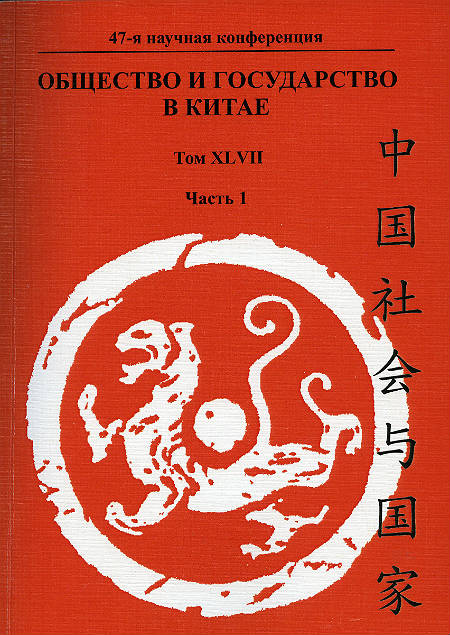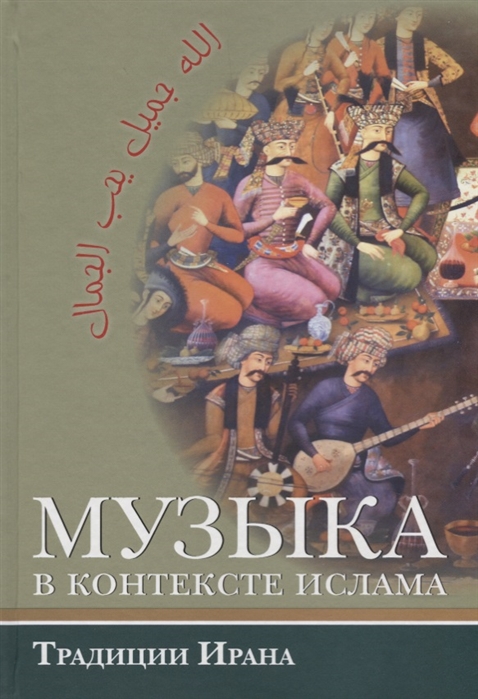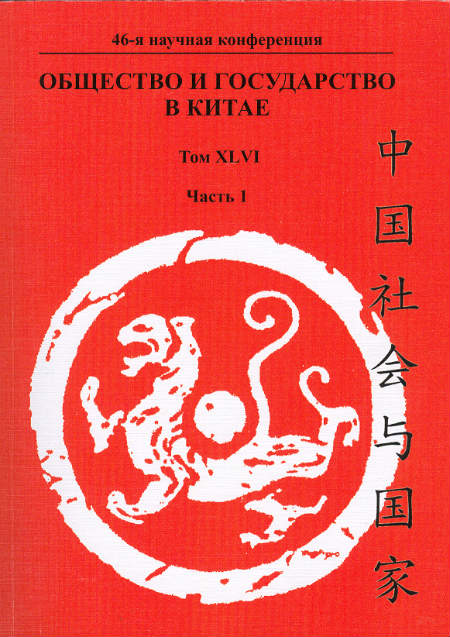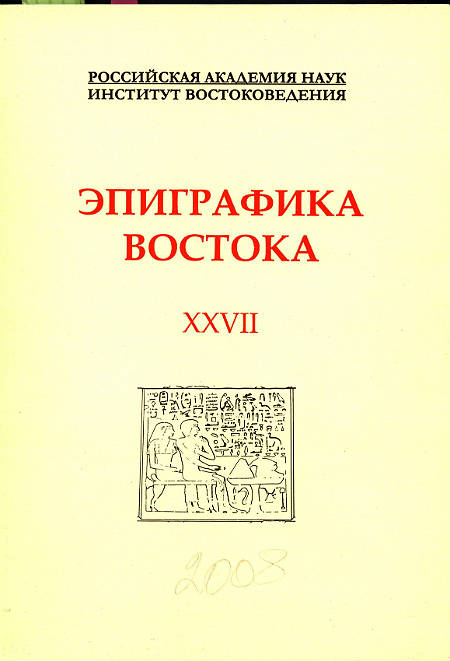Book
Notes on the Western Lands [Composed Under] the Great Tang (Dai Tang xi yu ji)
Еditor: Viktoriya Vertogradova
Translator: Aleksandrova Natalia
Preface: Aleksandrova Natalia
Москва, 2012, 463 p.
This text was composed as a result of the Chinese Buddhist Xuan-zang’s trip to India in 629 – 645. The principal goal of his pilgrimage was to visit Buddhist holy places; another task assigned to him – as well as to other pilgrims going to India – was the acquisition of Buddhist texts and getting education at Indian monasteries. It was during the initial stages of development of Chinese Buddhism – when its main task was to absorb the foreign tradition – that Indian cultural influence was at its strongest, while during its later stages, Chinese Buddhism developed its own schools nearly in total isolation from the ultimate source of the doctrine. Xuan-zang’s activity was the conclusion, and probably the high point, of that initial phase. It is at the junction of the brief formal preamble and the subsequent sequence of narratives that a most interesting transition occurs: the author seems to switch to a different genre, which is probably a “trace” of a different origin of these parts of the text – the first part is obviously related to the traditional geographical reports typical of China, whereas the second part is more similar to Indian Buddhist literature, reflecting the perfect mastering of that tradition by the author. This portion of the text abounds in very diverse plots. A proper understanding of these plots in the order in which they are given in the text is only possible if the reader keeps in mind the contexts of Buddhist narratives in their normal order in traditional versions. As regards their contents, Xuan-zang’s narratives are, for the most part, retellings of various episodes evidently derived from the works of Indian Buddhist literature of a wide variety of genres. The primary goal of this work is to supply for the first time a full and commented Russian translation of the Notes by Xuan-zang. The commentary includes data of historical and geographical nature and an analysis of terms. The book is accompanied by indices which, in addition to Chinese proper and geographical names and Buddhist terms, provide, wherever possible, their Sanskrit equivalents.
РУССКАЯ ВЕРСИЯ: Записки о западных странах [эпохи] Великой Тан (Да Тан си юй цзи)









